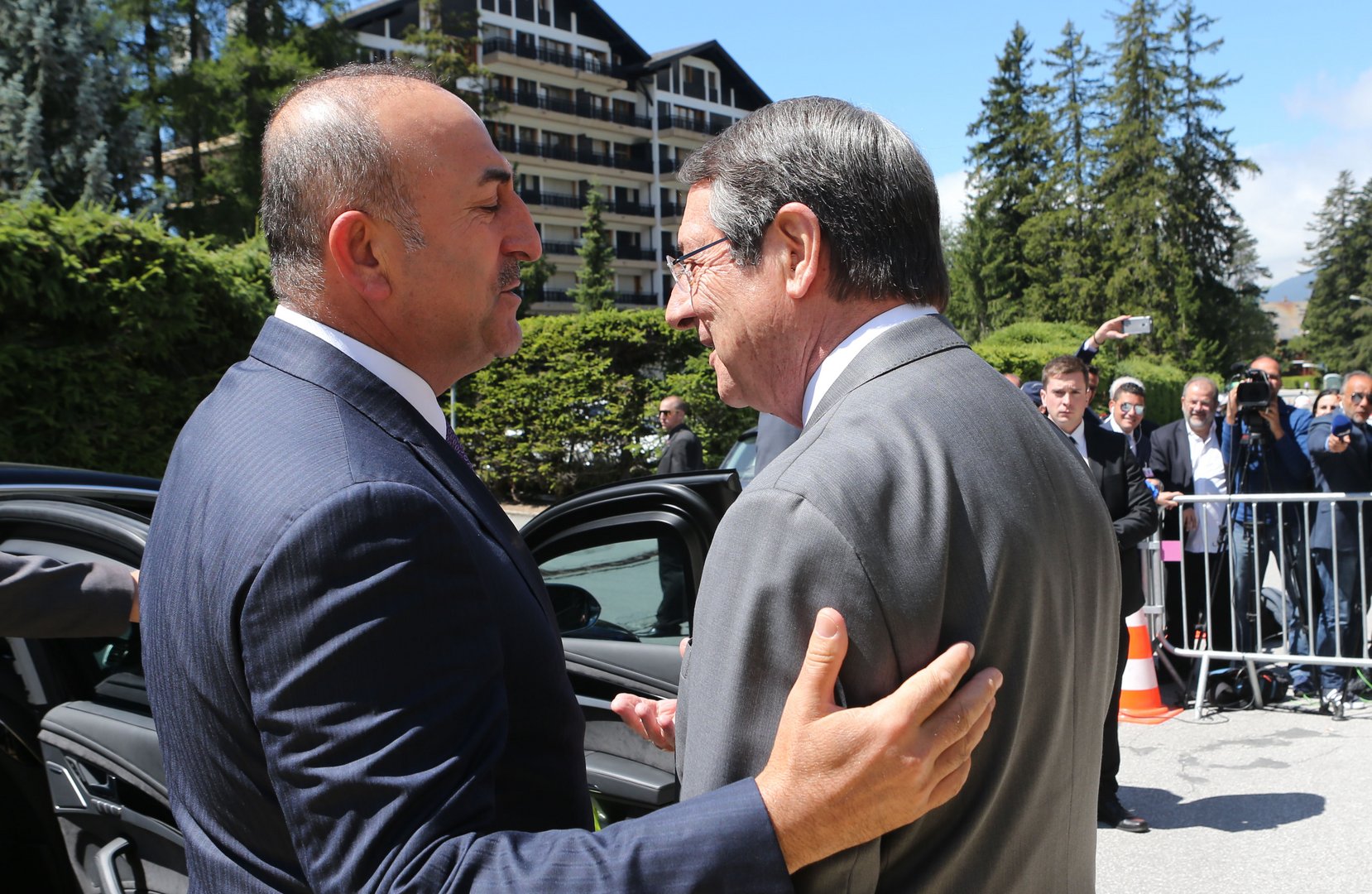By Costas Themistocleous
A lot of ink will be used before the new five-party conference is held in a month or two. Perhaps even more than was used in all the previous rounds of negotiations for 53 years now.
All previous efforts had a specific basis: federation initially and after 1974 a bizonal bicommunal federation (BBF). In the last attempt in Switzerland, with the new UN Secretary-General, Antonio Guterres, guiding the talks, it was said we reached the brink of a settlement.
But still and, despite it being stressed by the then Turkish Cypriot leader, Mustafa Akinci, and Turkey that collapse of negotiations would signal the end of efforts for an agreement on BBF, the Greek Cypriot side did everything possible to bring about this end.
We learned some time later that the collapse was not exactly a collapse of the negotiations, but a calculated suspension so that the basis of the negotiations could change. The justification for this was that a BBF would not have been approved by the Greek Cypriot community, even 13 years after the 2004 referendum. President Nicos Anastasiades was clear at the secret meeting he had with Turkey’s foreign minister, Mevlut Cavusoglu, in Crans-Montana: give me time to win the elections and I will return with a proposal that will be close to the old Turkish positions for a settlement that is beyond federation.
This was conveyed to the Turkish Cypriot leadership by Cavusoglu on his first visit to the north after the Crans-Montana collapse. Cavusoglu, quite reasonably, put the following question at the meeting: now that the Greek Cypriots have arrived at what you had been demanding for decades, is there a reason to deny it? All the Turkish Cypriot leaders who were champions of BBF were crestfallen, but they had nothing realistic to counter-propose. Even Akinci found himself in a difficult position.
This was the beginning of the developments that eventually led the Turkish Cypriot community to change course and leader in last year’s elections. Developments were sparked by Anastasiades’ secret meeting with Cavusoglu in Crans-Montana.
This is the setting in which the informal five-party conference will take place. Regardless of what the UN is saying and the arguments put forward by the European Union, the following is clear:
- The two sides in Cyprus have shifted the centre of gravity of the Cyprus issue from an agreed federation to a velvet divorce
- The Greek Cypriot side is at odds with what it had voted for in the 2018 presidential elections (in relation to the type of settlement) and the Turkish Cypriot side is fully aligned with what it voted for in the last elections in 2020.
- The Greek Cypriots are acting towards complying with the dogma of late Greek diplomat, Michalis Dountas, who ever since January 1983 would say the following: “I wonder whether the time has come to consider, without equivocation, clearly partitionist schemes.”
- The Turkish Cypriots are acting towards complying with Rauf Denktash who always maintained the following: the Greek Cypriots do not want us as partners in a common state. Better to choose partition and two states.
In this atmosphere, the curtain will be raised on the so-called informal five-party conference in a few weeks’ time. Regardless of what is being said by Anastasiades, who seems to trying to close the stable door after the horse has bolted, this is the painful reality.
It is now abundantly clear to everyone, that the new five-party conference does not signal a new effort for a settlement based on BBF, but the start of another effort aimed at making the divorce as painless as possible.
Those who are not naïve can see the new realities without nursing illusions. If nothing else, there was also the message from Guterres who, announcing the end of the Crans-Montana talks, wished good luck to the people of the north and south of the island.
Costas Themistocleous is a former minister of agriculture







Click here to change your cookie preferences